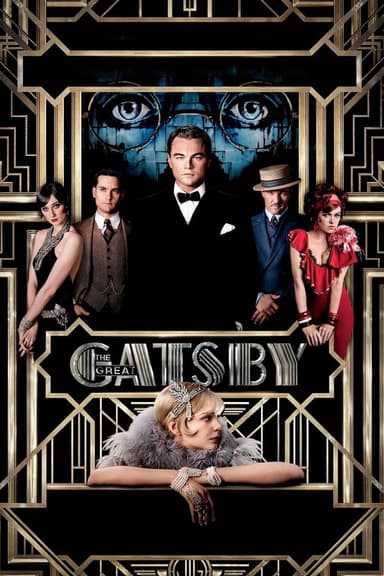
Voice from the Stone
2017 • Drama, Mystery, Romance, Thriller • R
Verena is a nurse who arrives at an old mansion in Italy to help a young boy who has fallen silent since the sudden passing of his mother.
Runtime: 1h 31m
Why you should read the novel
Discover the original depth and haunting elegance of Silvio Raffo’s Voice from the Stone, where the quiet, evocative power of the prose draws you into a world steeped in psychological complexity. The novel offers a richer psychological exploration than the film, delving into Verena’s internal struggles as she confronts both her own fears and the mysteries of the old estate.
Unlike the cinematic adaptation, the book’s intricate narrative gives space for subtle developments and layered relationships, allowing you to fully experience the shadowed emotions and secrets of the characters. This literary approach enables a more profound connection to their motivations and the castle’s unsettling atmosphere.
Reading the source novel invites you to interpret the supernatural ambiguity and psychological nuance with your imagination, offering a deeper, more intimate journey into grief, silence, and healing than any visual portrayal could capture. Don’t miss the novel’s quiet power and the enduring mystery it unfolds.
Adaptation differences
One significant difference between the adaptation and Silvio Raffo’s novel is the handling of supernatural elements. While the movie leans more overtly into ghostly manifestations and cinematic supernatural thrills, the book is subtler, leaving much of the possible haunting open to interpretation and rooted in psychological ambiguity. This creates a different atmosphere—a more ambiguous, internal tension within the narrative.
The characterizations and relationships in the novel are more complex, especially around Verena’s interactions with the mute boy, Jakob, and the grieving father. The film streamlines these relationships, focusing on visual storytelling and drama, often reducing or simplifying the emotional intricacies found in the book.
Setting and details also shift: the novel spends more time building the eerie, oppressive castle and the lush, unsettling landscape, creating a palpable sense of place that the film sometimes trades for cinematic pacing and visual spectacle. Internal monologue and flashbacks in the book deepen the immersion in Verena’s mind, while the film relies on external action.
Overall, the adaptation emphasizes suspense and delivers answers more directly, whereas the novel preserves ambiguity and subtle character development. This alteration shapes the tone and invites the audience to engage with the story in fundamentally different ways, with the book offering a more nuanced and meditative experience.
Voice from the Stone inspired from
Voice from the Stone
by Silvio Raffo










